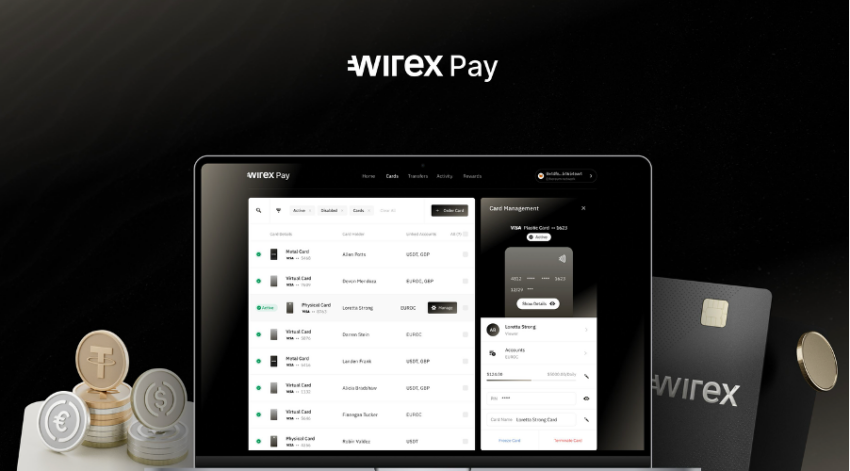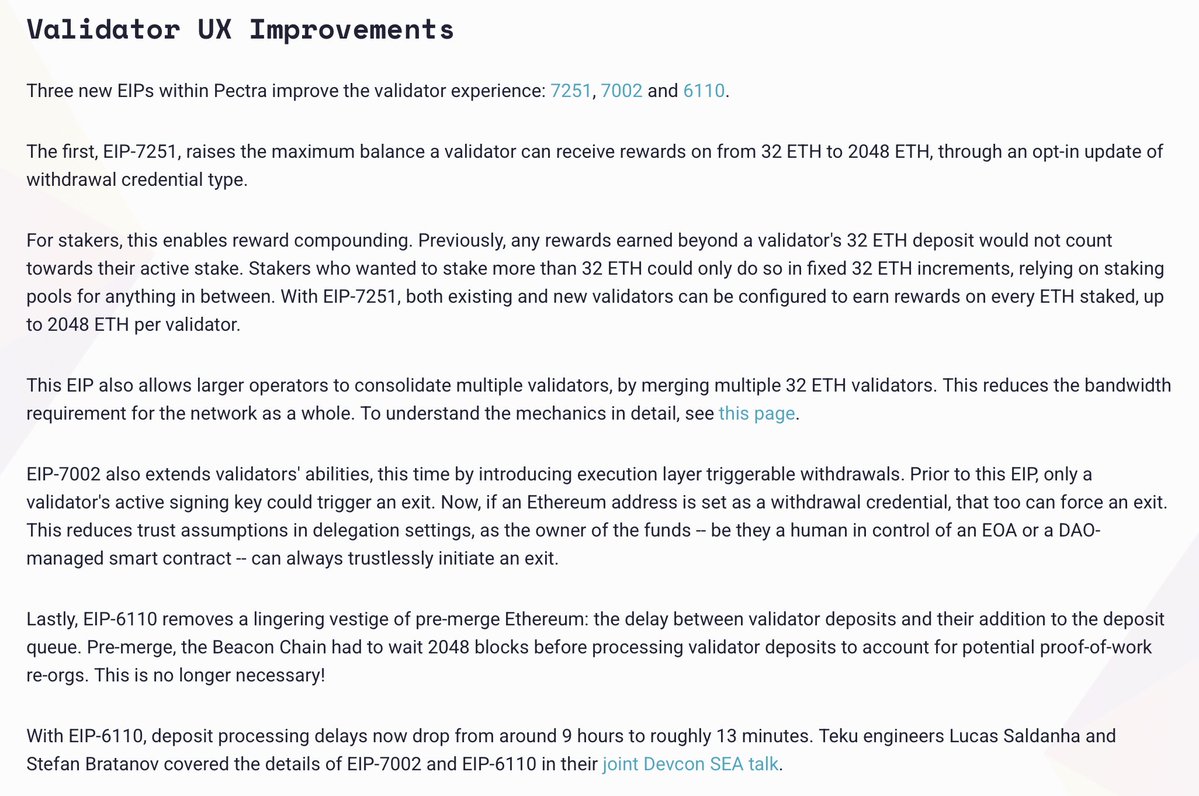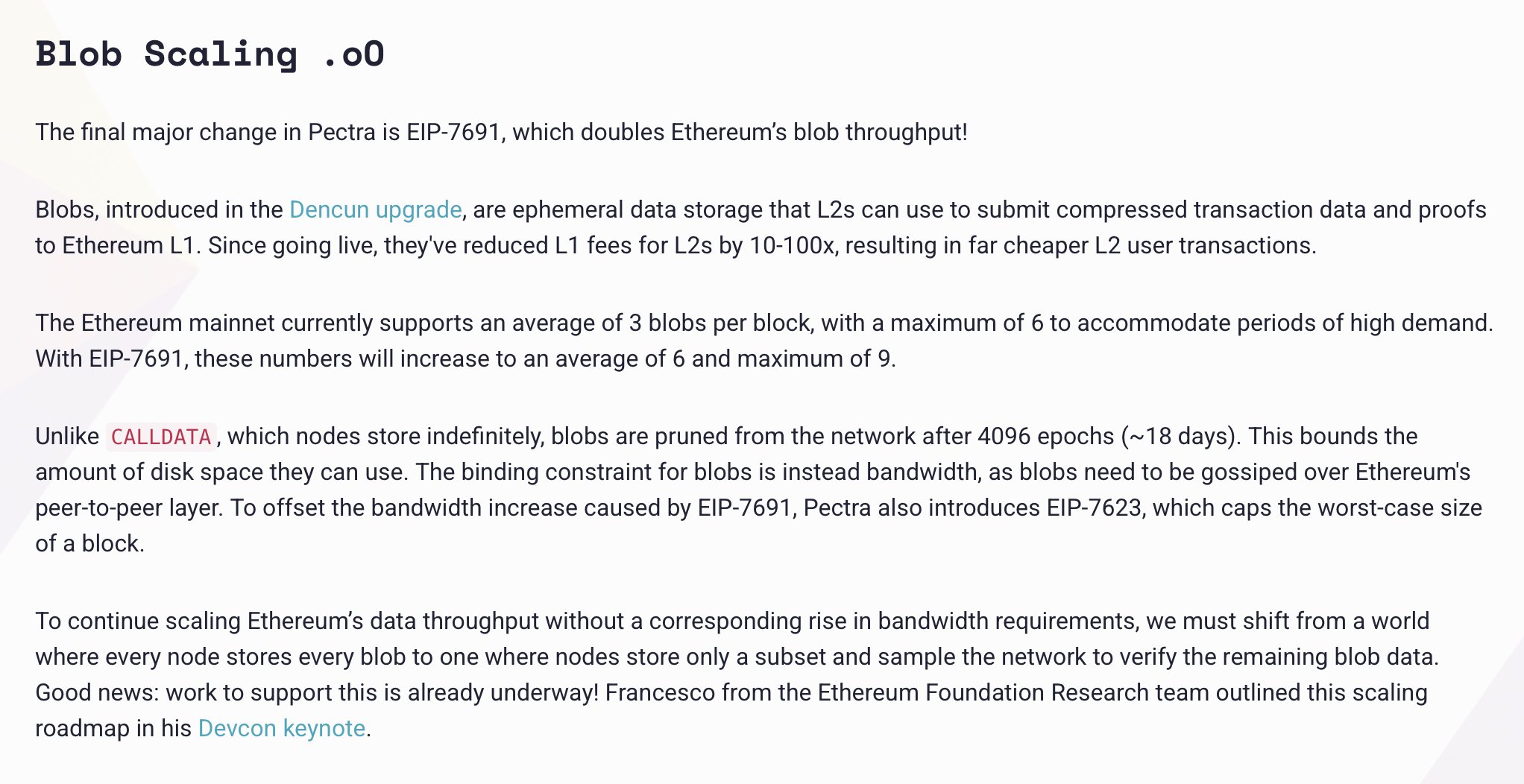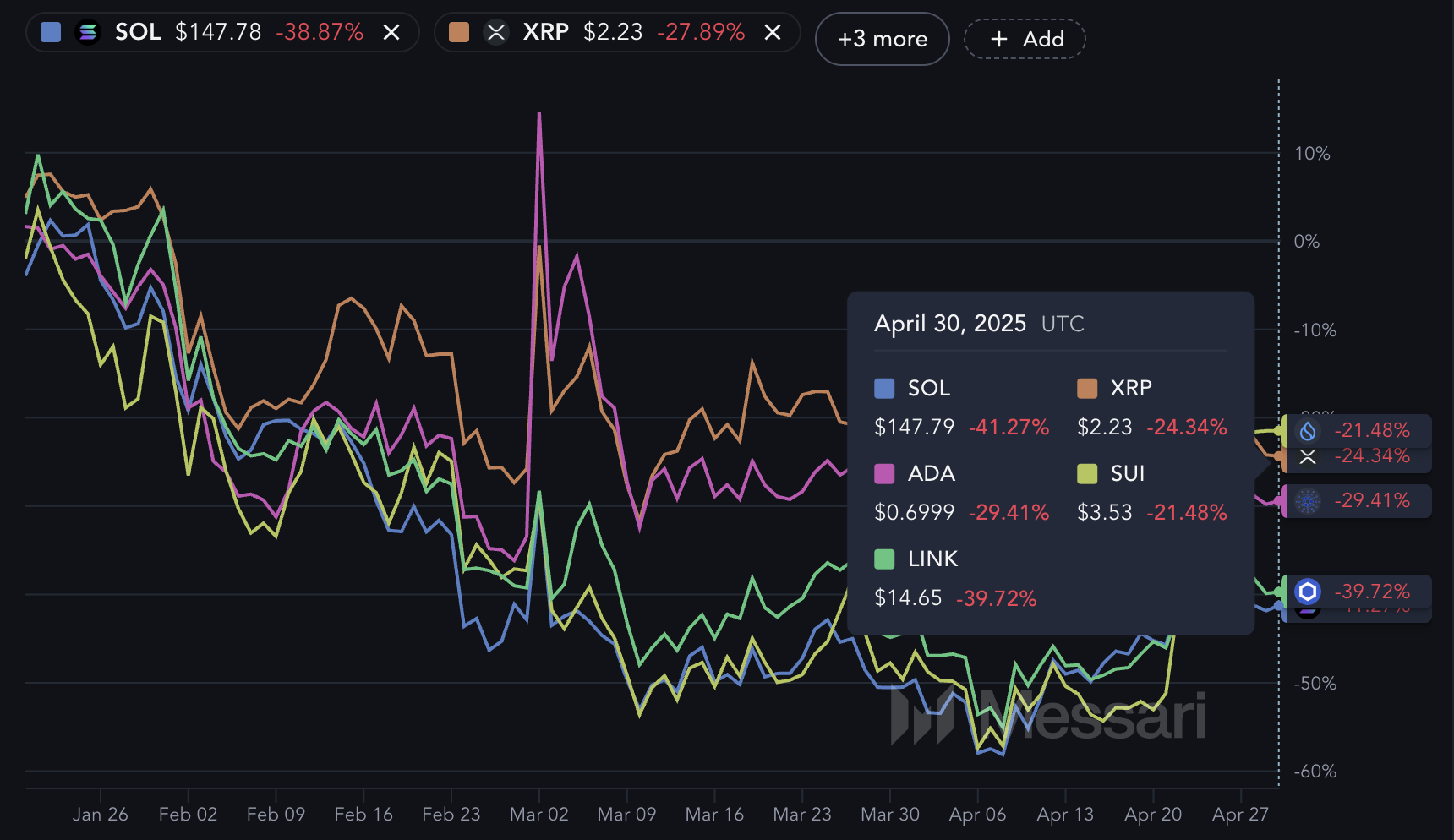Wirex, a global leader in crypto-financial services, is proud to announce the launch of Wirex Business, a comprehensive corporate banking platform designed to serve the unique needs of Web3 companies and crypto businesses.
Wirex Business offers robust tools and seamless integration of stablecoins and fiat currencies, empowering businesses to manage their treasury functions, issue corporate cards, and handle expenses efficiently in the ever-evolving Web3 landscape.
The platform enables enterprises to streamline their financial operations with advanced features such as corporate bank accounts, corporate expense and payroll Visa cards, real-time payments, instant settlement, and built-in yield on stablecoin holdings.
Designed with the self-custodial model in mind, Wirex Business ensures that businesses retain full control of their funds, giving them the confidence to manage their finances securely in a decentralized world.
Key Features of Wirex Business:
- Corporate Bank Accounts: Easily manage multiple accounts in USD, EUR, GBP and stablecoins.
- Corporate Expense & Payroll Cards: Issue physical and virtual cards for employee expenses and payroll management.
- Instant Fiat<>Stablecoin Conversion: Seamlessly convert fiat currencies into stablecoins and vice versa in real-time.
- Built-in Yield: Earn competitive yield on stablecoin holdings with no hidden fees.
- Self-Custodial Model: Maintain full control of your funds, eliminating counterparty risks.
- Reporting: Save time with automated accounting tools and advanced reporting to keep your finances in sync.
Wirex Business is designed to help Web3 companies, fintechs, and crypto businesses efficiently manage their financial operations and expand globally with ease.

The platform is currently onboarding new clients, with registration available at: link.
“We are excited to launch Wirex Business, as it opens up new possibilities for companies operating in the Web3 and crypto space,” said Daniel Rowlands, Managing Director of Wirex Pay. “By offering a full suite of corporate banking services, including expense management, card issuance, and seamless fiat-stablecoin integration, we are empowering Web3 companies to manage their treasury and operations with the same ease as traditional businesses. The future of finance is non-custodial and Wirex is pioneering business banking for the Web3 digital age.”
Pavel Matveev, Founder of Wirex, added, “Wirex Business represents a major step forward in bridging the gap between traditional finance and the crypto world. We understand the unique needs of Web3 businesses and are proud to provide them with the tools they need to thrive in a decentralized economy.”
About Wirex
Wirex is a global crypto-financial services platform with over 6 million users worldwide. As a principal member of Visa and Mastercard, Wirex enables individuals and businesses to use, store, and exchange digital assets seamlessly alongside traditional currencies. With a commitment to innovation and user-centric services, Wirex is driving the adoption of digital currencies and advancing the future of payments.
The post Wirex Launches Wirex Business: The Ultimate Corporate Banking Platform for Web3 and Crypto Businesses appeared first on BeInCrypto.








